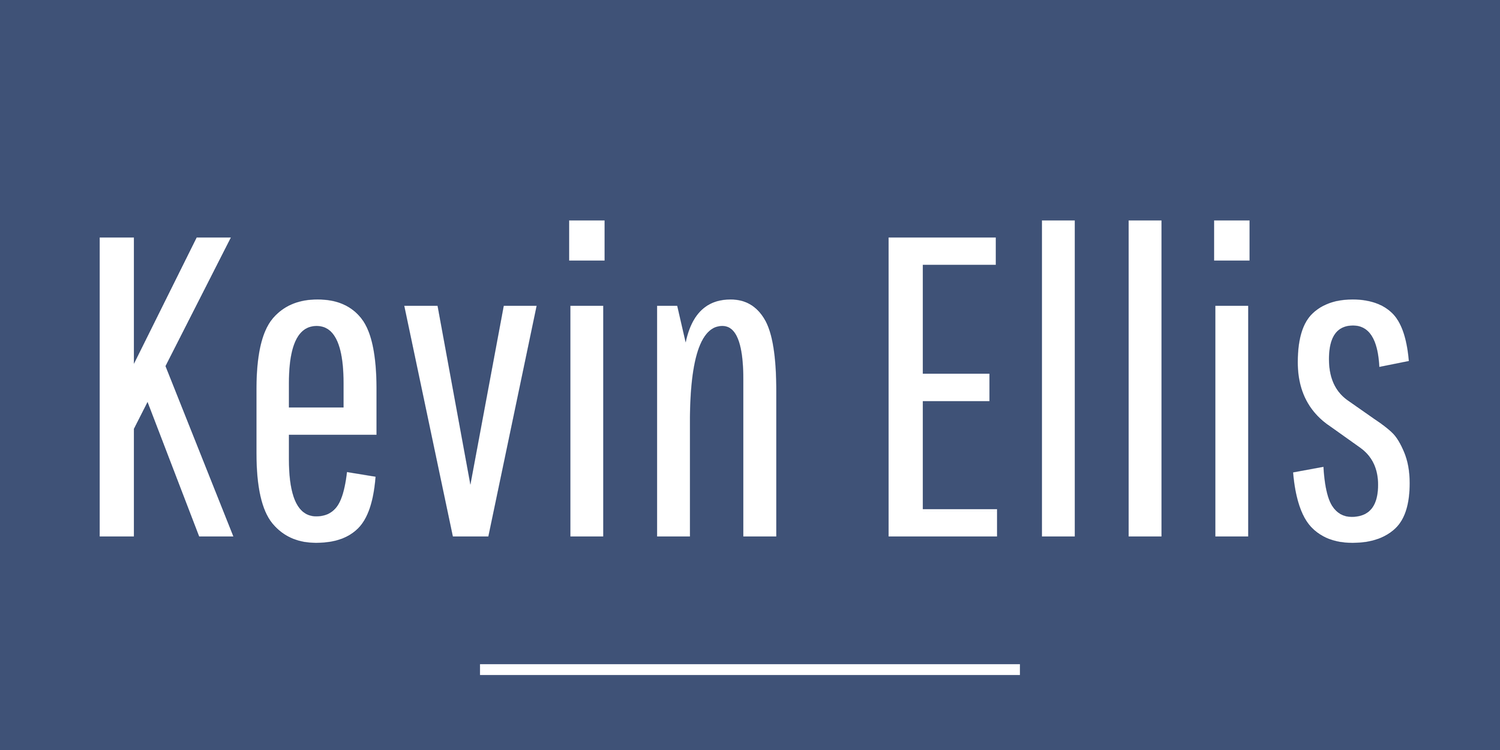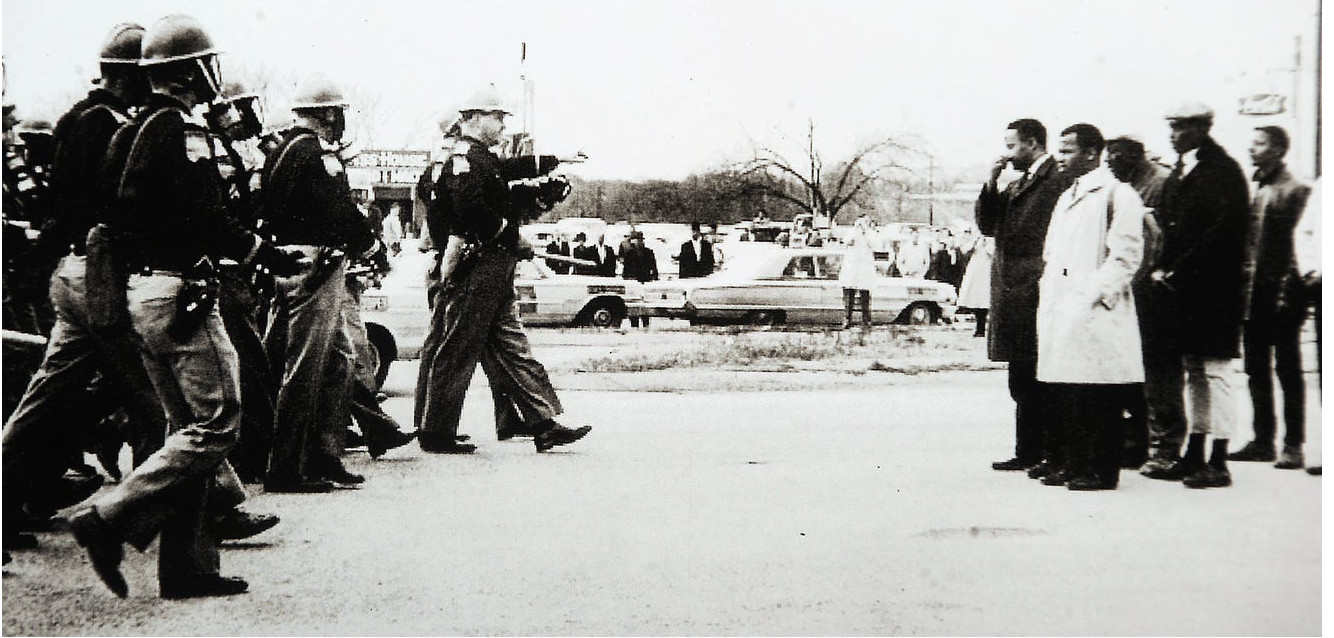John Lewis
There are two people I have met in life who bring a room to silence when they enter: the Dalai Lama and John Lewis.
These are people who put their physical bodies up against the dark side of entire countries; who jam their hands in the vast machinery of hate and bigotry.
The death of John Lewis last week made me really, really sad. I knew him. A little. As a young reporter in Nashville and Washington, DC, I interviewed him a couple of times. He had such an impact that I used to drop by his office hoping to bump into him. He was always so kind. It was a kind of hero-stalking pre-Internet. Back in those days you could walk around Capitol Hill and pop into a member’s office with no security.
There are really two iterations of Mr. Lewis for me: today’s civil rights hero of comics and Congress and history. Genial and kind to everyone. Easy on white people for our crimes.
But in the 60s, if you read the history closely, Lewis was in no mood. His original speech at the 1963 March on Washington was an angry call for revolution, promising to march through the racist South as General Sherman did.
Martin Luther King and A. Philip Randolph and Roy Wilkins urged the 23-year-old Lewis to tone it down for fear of angering the Kennedy brothers and hurting efforts to pass a voting rights bill.
Lewis was angry back then and he had a right to be. He sat down with King behind “Lincoln’s backside’’ inside the Lincoln Memorial to make the changes just before the event. Even watered down, the speech is a fiery, 7-minute call for revolution that is still right today.
He calls out the Kennedys for being soft on civil rights. (He was right) He calls out the Democratic Party for being racist. (He was right) and he calls out America for turning a blind eye to its racism. (Right again)
“Where is the political party that makes it unnecessary to march on Washington,’’ Lewis said in a voice cracking with emotion and anger. He was referring to a Democratic Party that tolerated racists like Sen. James Eastland of Mississippi.
“We don’t want our freedom gradually. We want to be free now… We are tired.”
He went to college at Fisk University in Nashville, long before I arrived as a young reporter for the The Tennessean under the legendary editor John Seigenthaler. The two Johns became friends years later when Seigenethaler worked for Robert Kennedy at the Justice Department.
At Fisk, Lewis joined the Sit-In movement to desegregate lunch counters in Nashville in 1960. Whites poured scalding water down his back and burned him with cigarettes.
(And we think wearing a mask is hard.)
Lewis was arrested 40 times before he arrived in Congress in 1987. He became the conscience of a body that is our official vehicle for change. It didn’t really matter what committee he served on. He wasn’t a legislative mechanic. He had the scars of battle.
He was an original Freedom Rider. In 1961, Seigenthaler, working for the Justice Department, flew to Nashville with a message from Robert Kennedy to cancel the Freedom Rides. Seigenthaler told them they would die. Lewis, Diane Nash and other leaders of the protest refused, pointing to the wills they had just signed. They were prepared to die.
He marched with King from Selma to Montgomery, almost killed by the racist cops on the Edmund Pettus Bridge in Selma. They will soon rename that bridge after Lewis. And when they do, we will better understand that the confederate statues need to come down and be replaced by statues of Lewis and King and Rosa Parks and Shirley Chisholm.
Obama gave him the Presidential Medal of Freedom, one of the great moments ever.
Through it all, John Lewis radiated hope and optimism for America while burning inside with the resentment of being a second-class citizen for most of his life.
He risked his life for America. John Lewis, a sharecropper’s son, suffered and endured so we could be cured of the disease and ignorance of racism.
Whenever I saw him, he would always say that we need to create
“The Beloved Community,’’ and “learn to live as brothers and sisters or perish as fools.’’
“When you see something that is not right, not just, not fair, you have a moral obligation to say something,’’ he would say.
Never more true than today.
As he said in 1963 - “Wake up America.’’
—
You can check out my blog archives and share this post by going to Kevinkellis.com

